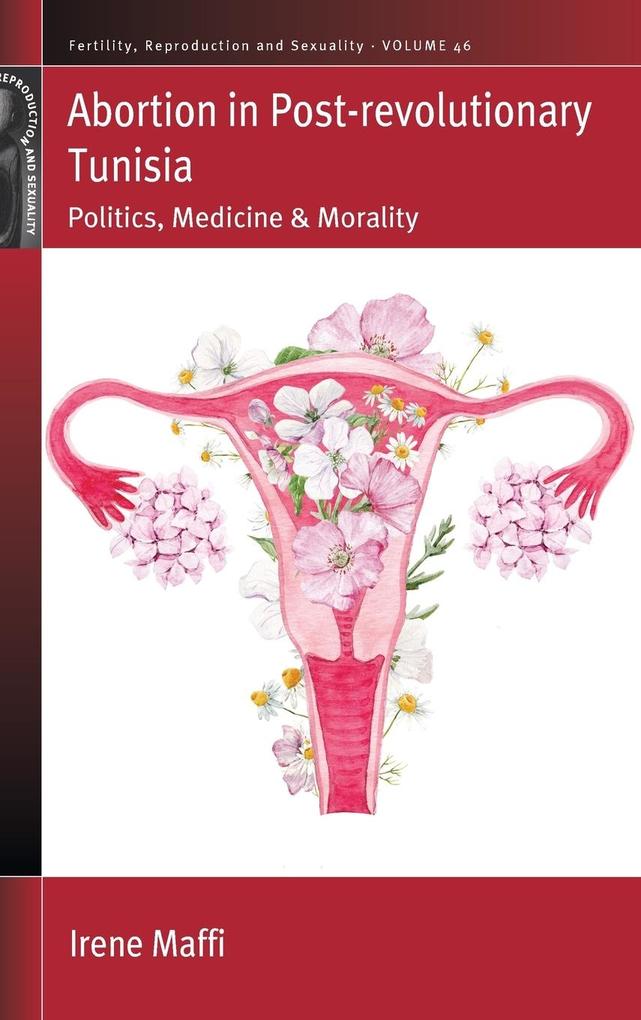After the revolution of 2011, the electoral victory of the Islamist party 'Ennahdha' allowed previously silenced religious and conservative ideas about women's right to abortion to be expressed. This also allowed healthcare providers in the public sector to refuse abortion and contraceptive care. This book explores the changes and continuity in the local discourses and practices related to the body, sexuality, reproduction and gender relationships. It also investigates how the bureaucratic apparatus of government healthcare facilities affects the complex moral world of clinicians and patients.
Inhaltsverzeichnis
List of Figures
Preface
Acknowledgements
Notes on Transliteration
Introduction: Situating Abortion: Islam, the Arab countries and the Tunisian Exception
Chapter 1. Putting Abortion into Question: Debates, Actors and Stakes after the Revolution
Chapter 2. Female Bodies, Contraception and Reproductive Norms
Chapter 3. Reproductive Governance, Moral Regimes and Unwanted Pregnancies
Chapter 4. Imagining Early Pregnancy: Ontologies of the Foetus and the Moral Perception of Abortion
Conclusion
Glossary
References
Index
